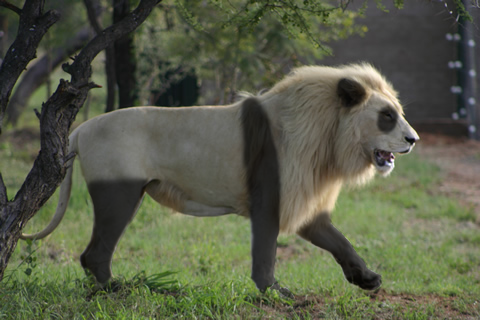Mindfire
 Istar
Istar
Okay. Thanks for addressing all this with a level head!
The character that I'm outlining is a wizard, a black man who dabbled with tribal shamanism when he was young, but has long since switched over to the more academic magical studies. But because of his experience with the tribal magics, he's able to recognize something in his scrying that the other wizards don't, that a spirit monster (to keep it simple) is on its way to attack the white king's new baby daughter. He stops the creature in an epic magical smackdown, but the king, who has no idea what's going on, assumes that he somehow created the monster and has him arrested.
He's rescued/recruited to join the MC's spirit-monster hunting party from his prison cell.
Does that raise any red flags with you?
The only thing I see that could be a potential issue is the tribal shamanism thing and the fact that he seems to "graduate" from it to "real" magic. Now that, in and of itself, is not bad or offensive. But if your story makes the implication that tribal shamanism = African, academic "real" magic = European, ergo European > African, then you could have a problem. But this is very easy to avoid. I'd simply suggest you carefully consider how shamanic magic is portrayed and what role it plays in the world as compared to academic magic so you don't end up relying on stereotypes accidentally. But really it's not shamanic magic per se that you need to be careful about handling, just the culture associated with it. The "trap" is not the shamanism itself, but rather the stereotypes of African culture that are often associated with shamanism and that shamanism is sometimes used as a shorthand for. Namely that African people are ignorant, superstitious, barbarian pagans.


 Archmage
Archmage Troubadour
Troubadour
 Scribe
Scribe